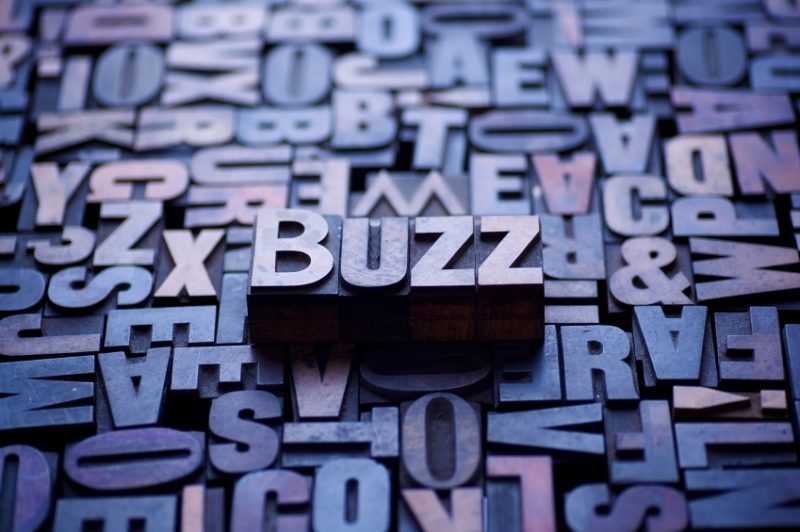
 Attorney Mitchell Epner, a member of Rottenberg Lipman Rich, PC, has been trial counsel in numerous high-profile matters ranging from complex commercial litigation to White Collar criminal matters. He writes about lawsuits and legal issues on Substack, and has provided commentary about legal cases on CNBC, the BBC, Fox Business, WGN, Sky TV, and the CBC, and has been extensively quoted by The Wall Street Journal, NBC, ABC, the New York Daily News, Business Insider, Law & Crime, the Financial Times, The Times (London) and other international newspapers. Johnny Depp, Ghislaine Maxwell, Phil Mickelson and Prince Andrew are just some of the celebrities whose legal travails he has analyzed.
Attorney Mitchell Epner, a member of Rottenberg Lipman Rich, PC, has been trial counsel in numerous high-profile matters ranging from complex commercial litigation to White Collar criminal matters. He writes about lawsuits and legal issues on Substack, and has provided commentary about legal cases on CNBC, the BBC, Fox Business, WGN, Sky TV, and the CBC, and has been extensively quoted by The Wall Street Journal, NBC, ABC, the New York Daily News, Business Insider, Law & Crime, the Financial Times, The Times (London) and other international newspapers. Johnny Depp, Ghislaine Maxwell, Phil Mickelson and Prince Andrew are just some of the celebrities whose legal travails he has analyzed.
With growing numbers of high-profile legal cases in the news, we sought his insight into reputation management.
You often assess the reputation issues and liabilities that high-profile people facing legal issues face. What are the most common mistakes they make when facing accusations, whether true or false?
The biggest mistake that high-profile people make in facing accusations is talking if they have any criminal exposure. You have a right to remain silent, but once you voluntarily speak, it can be used against you. As a trusted colleague says, “Shut up, and shut up when you are shutting up.” Even without criminal exposure, celebrities risk the Streisand Effect. If a celebrity responds to a story, it almost always dramatically increases the attention on that story.
The second biggest mistake that high-profile people make is trying to tell less than the complete truth. Anything that comes out after the first response will likely be presented as “shocking new information” that debunks the prior narrative from the high-profile individual.
If a celebrity deputizes someone to tell their side of the story, make certain (a) that person knows the whole truth and (b) that person will not guess or say what they hope is true, rather than taking the time to say, “Let me get back to you on that.”
What is your reputation management advice to anyone facing litigation?
Decide at the beginning if you are willing to endure a long, ugly fight. If you are not, figure out a way to settle quickly and quietly. If your brand/reputation is worth $100 million, it is folly to engage in litigation that will halve your brand equity to avoid a $100k settlement.
If you are in it for the long haul, the job of the attorney is to find the true things to say that will help the client. The job of the client is to give the attorney access to the whole truth, and talk to no one else.
Two examples of what not to do:
1. Prince Andrew – He gave a thoroughly implausible interview to the BBC, spurring Virginia Roberts Giuffre to go from public accusations to threatening to sue. Prince Andrew refused to make a settlement offer, saying he wanted to go to court to “clear his name,” according to Giuffre’s lawyer David Boies. When Prince Andrew lost his motion to dismiss (which was highly predictable), he did not have the stomach for public disclosure, let alone a trial. He ended up destroying what was left of his reputation and settling by paying far more than he would have if he settled pre-suit. He also had to apologize and even endorse his accuser as a heroic victim of trafficking.
2. Michael Vick – When the FBI began investigating Vick for dog fighting, he had a $100 million contract and was the toast of Atlanta. He refused a plea agreement, and watched as his two partners-in-crime became witnesses against him. Vick realized too late that he could not go to trial. He took a guilty plea and a multi-year prison sentence. He lost his $100 million contract and all endorsements. Even when he made a post-prison comeback, he could never regain the money he had lost or any commercial viability.
How are the reputations of celebrities and others who face lawsuits vetted by opposing attorneys and the media?
The Internet never forgets, and Google can find virtually anything. Thirty years ago, opposition research was lengthy and expensive. It was only available to people with enormous budgets. Today, just about anything that has ever been public will be unearthed by opposing counsel or reporters.
In high-value cases, attorneys will go beyond publicly available documents to interview friends, family, neighbors and enemies.
In 2014, you wrote on Substack about an inaccurate rumor that Phil Mickelson had engaged in inside trading, which The New York Times reported on and later retracted because the story had no basis. How can those falsely accused recover from such crises?
In the words of Don Draper from Mad Men, “If you don’t like what is being said, change the conversation.” Phil Mickelson has provided a great example. He has built a history of personal involvement in philanthropy and engagement with his fans. If directly asked about the SEC investigation, he quickly says it was without any basis and pivots to talking about his good work.
Follow Mitchell on Twitter @MitchellEpner.
This is part of our continuing series of interviews with experts whose work relates to online reputation management.



